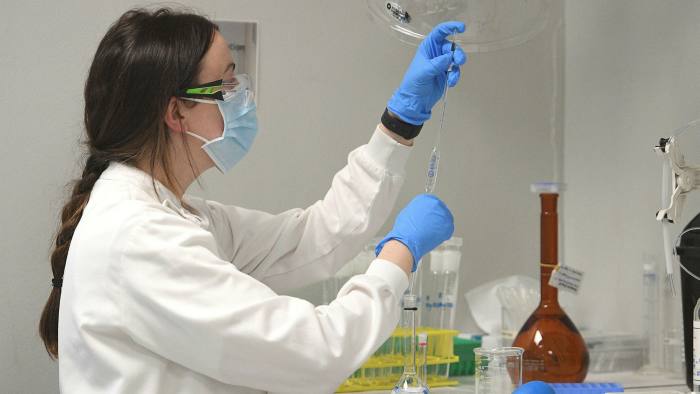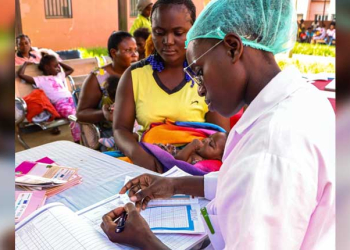London: The UK has detected a deadly haemorrhagic fever with “pandemic potential”, the country’s health officials have said.
Lassa fever is an acute viral haemorrhagic illness, similar to Ebola, and people become infected through exposure to food or other items that have been contaminated with urine or faeces of infected rats.
According to the UK Health Security Agency (UKHSA), the Lassa fever has been imported to the UK for the first time in a decade, the Telegraph reported. Previously, there have been eight cases of Lassa fever imported to the UK since 1980, with the last two cases occurring in 2009, the report said.
The agency announced two confirmed cases and one probable case of Lassa fever in the country.
The three affected patients — all from the same family — had recently returned from West Africa, where the disease is endemic and there is an ongoing outbreak, the report said.
While health officials have sounded a note of calm to dampen down fears of disease spread in the UK, “at the moment it is unclear if anyone else has been infected”, Susan Hopkins, the chief medical adviser at the UKHSA, was quoted as saying.
“Cases of Lassa fever are rare in the UK and it does not spread easily between people. The overall risk to the public is very low. We are contacting the individuals who have had close contact with the cases prior to confirmation of their infection, to provide appropriate assessment, support and advice,” Hopkins said.
The haemorrhagic fever can also spread from person to person through body fluids.
It has symptoms like flu — fever, headaches, sore throat, muscle pain as well as diarrhoea and vomiting.
In severe cases it can cause bleeding from the vagina, mouth or nose and severe facial swelling.
In West Africa, there are around 100,000 cases of the disease a year with an average of 5,000 deaths. But some 80 per cent of cases are asymptomatic.
While there is no effective treatment or vaccine, two jabs have entered phase one trials in 2019 and another started human trials last year.
The disease has been classed as having pandemic potential and it is on the WHO’s list of priority pathogens alongside viruses such as Ebola and dengue, the report said.
Lassa fever is a rare, but serious infection. But it’s chances of a spread like Covid in the UK is “unlikely”.
Dr Michael Head, a senior research fellow in global health at the University of Southampton, was quoted as saying.
“Whilst any Lassa cases within the UK are of concern, we won’t be seeing transmission anything like the scale we have with the Covid-19 pandemic,” Head said.




















